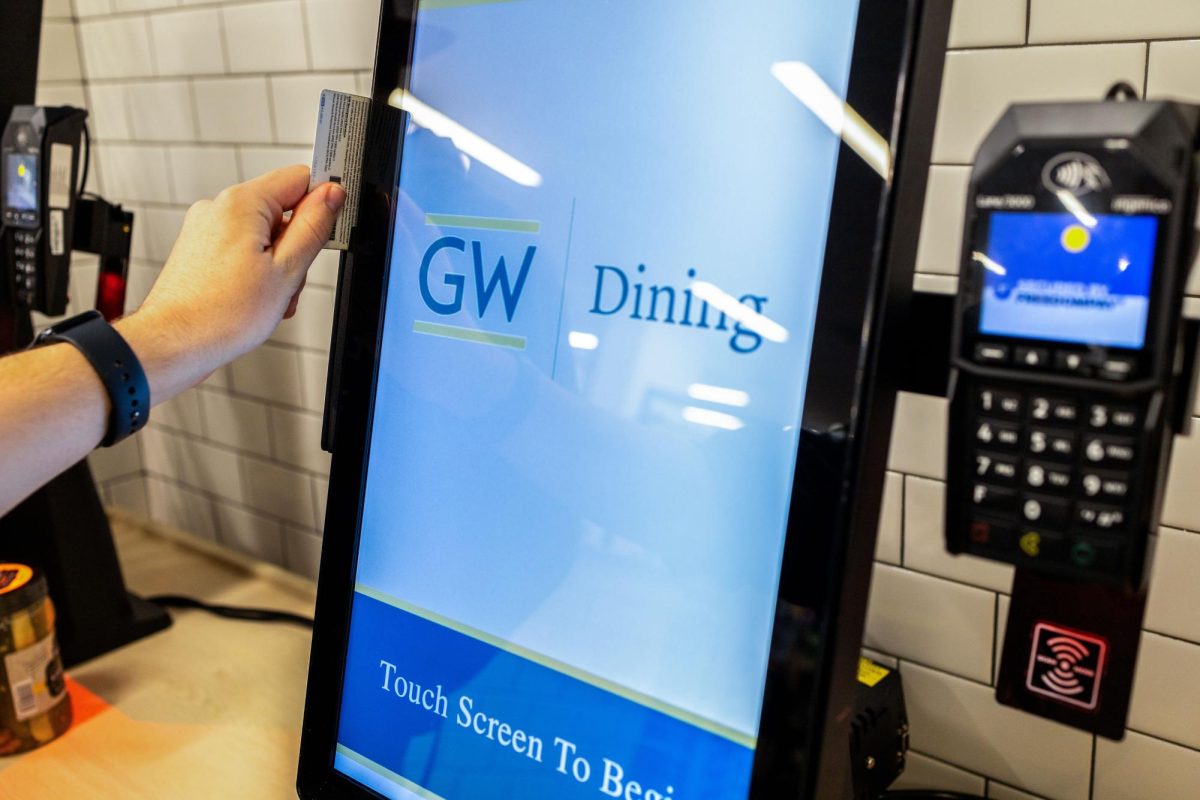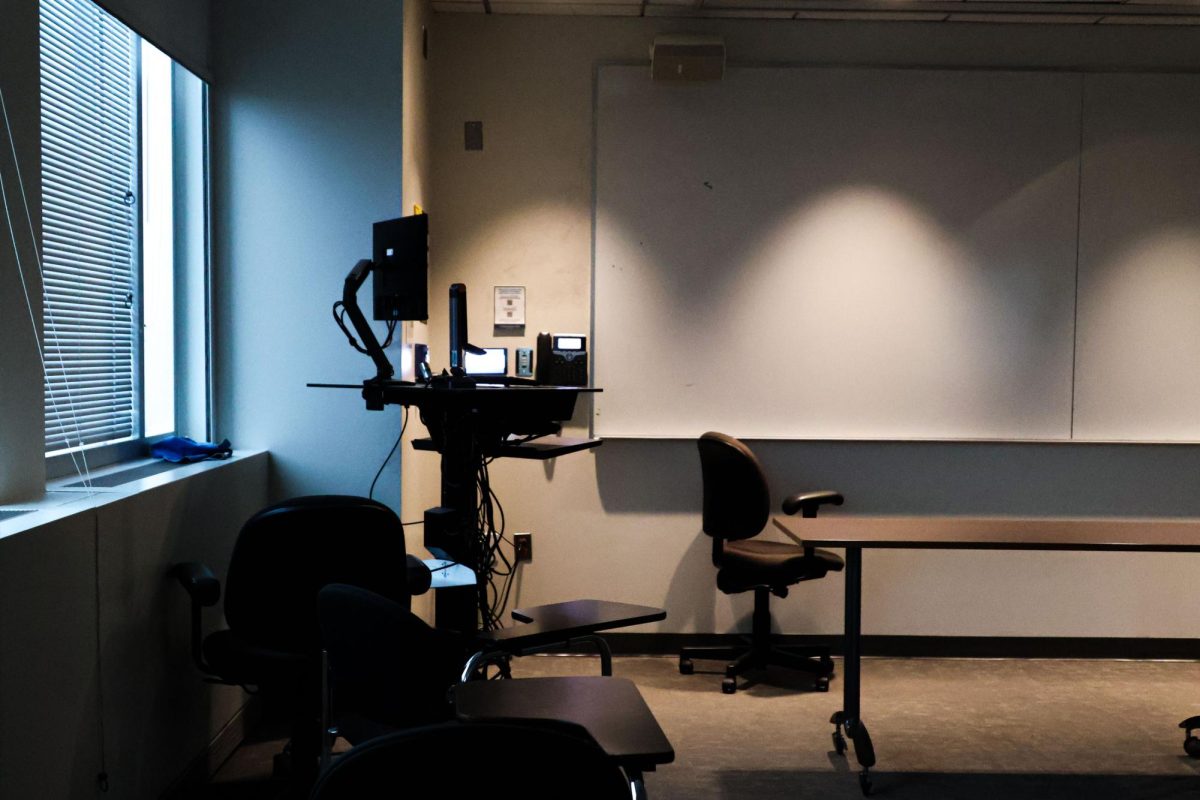The Student Government Association will partner with officials to publicize a dining service that provides pre-packaged meals for students throughout the month of Ramadan.
The SGA’s Deputy Secretary of Faith and Religious Justice Persia Zurita said the SGA has sent emails to the student body and plans to post on Instagram to publicize a continued initiative that distributes suhoor boxes — meals eaten before dawn — for students observing Ramadan from March 10 to April 9. Zurita said students will register through a link to request meals on selected days or the entire duration of Ramadan and collect their meals in District House Market from 5 to 9 p.m. using a meal swipe.
“I just want to make sure that Muslim students feel included on campus, and so that was basically the whole initiative, making sure that students have access to those resources because fasting for an entire day is not easy,” Zurita said.
Zurita said the menus for the suhoor boxes change per day, but will generally include dates, granola bars and fruits. Last year, students could pick up their suhoor boxes at the dining halls in Thurston and Shenkman halls, but this year they are moving it to District House. Zurita said the necessities of Muslim students should not be ignored as they balance their studies, extracurriculars, prayers and fasting during Ramadan.
Zurita said she became interested in exploring further accommodations for Muslim students during Ramadan after reading an op-ed last spring about the lack of support from the University with Ramadan accommodations. She said she was inspired to advocate for a large population at GW that felt underrepresented.
“I thought it would be a great inconvenience for students to have to eat their own funds to have to purchase meals for religious observance,” Zurita said.
University spokesperson Julia Metjian said GW Dining and the SGA worked together to identify additional dining options for Muslim students as they observe Ramadan.
SGA President Arielle Geismar said dining halls and off-campus food options are closed before sunrise when suhoor is consumed, therefore students do not have access to meals. She said because students pay for a meal plan from the University, they should be able to use their meal plan in a way that “works for them.”
Geismar said she heard complaints last year from students while serving as Residence Hall Association president, and now as SGA president about the inaccessibility to meals during Ramadan due to closed dining halls or financial constraints.
“This program was in existence last year, but was not properly advertised or distributed, so it’s our goal to make that happen and to know that it’s a resource available to students,” Geismar said.
MSA President Raheel Abubakar said the University implemented a similar program last year of providing suhoor boxes, but the Muslim students faced many challenges, including difficulty in raising awareness about the program since many Muslim students stop using social media during Ramadan. He said the program will allow students to spend more time praying and studying during Ramadan instead of preparing meals.
Abubakar said he believes the success of the initiative depends on whether enough students are aware of the program and if the meals are sufficient to sustain students during their time of fasting.
“One is how they get this link and how they get this registration out to students and how they handle the communication with the students to get that there. And the second thing is that are the meals that they are providing worth the effort of going to District and then, is it worth a meal swipe?” Abubakar said.
Hannah Marr contributed reporting.





